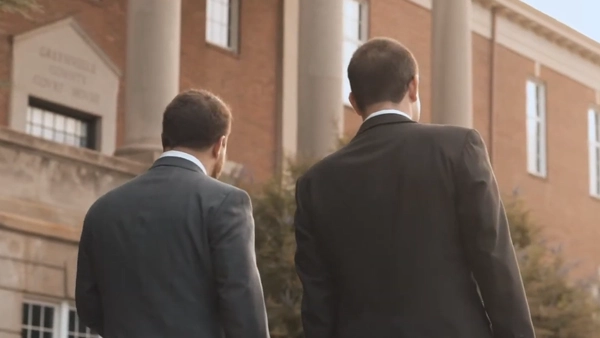Being charged with a crime in South Carolina is almost like getting a crash course in “legal-ese” – throughout your case you will be exposed to new court-related terms and phrases you have probably never heard before and which will have no meaning to you or anyone else outside court personnel and attorneys. One such term you may hear tossed around from time to time is “chain of custody.” Unlike some legal terms which are simply more archaic ways of phrasing modern concepts (the term voir dire is often used instead of the more modern phrase “jury selection”), “chain of custody” is a concept that can play a significant role in your South Carolina criminal case.
Defining the “Chain of Custody”
It should be noted that “chain of custody” is only used in connection with physical, tangible items of evidence such as drugs or an alleged murder weapon. Thus, you will not hear anyone referring to a “chain of custody” when discussing a particular witness.
The “chain of custody” is the document or documents that shows who opened, tested, analyzed, or otherwise possessed or accessed the item of evidence since it came into police custody. The chain of custody is a living document or record that expands and increases over time as more and more individuals access the item of evidence or bring it into their control. In most cases, a chain of custody takes the form of a log sheet that is completed by each person that accesses a particular item. Each person who takes control of a particular item of evidence should document this in the chain of custody for that item. Similarly, when a person gives control or possession of that item to someone else, this should be reflected in the chain of custody.
Why Is the Chain of Custody Important?
Having a well-documented chain of custody for items of evidence taken from the scene of the crime or seized from the defendant is important for the prosecution as it gives the court assurances that the same item taken from the defendant or collected from the scene of the crime is the item being presented in court. Without the chain of custody, a court may not have adequate assurances that the gun (for instance) being presented in court is in fact the same gun the police allege the defendant was carrying when you were arrested.
Exploiting a Deficient Chain of Custody
A chain of custody that is missing or incomplete can be used to suggest that there is an insufficient legal foundation to allow the particular item of evidence to be admitted at your trial or other hearing. The specific value or impact this would have in your case would, of course, depend on the specific item excluded and what other evidence of your guilt the prosecution had available to use.
The law firm of David R. Price, Jr., P.A. is a criminal defense firm based in Greenville, South Carolina. Through their resourcefulness and legal knowledge, the attorneys at David R. Price, Jr., P.A., look for every opportunity in a criminal case to increase their clients’ chances of a favorable outcome. Contact their office today by calling his office directly, or completing the firm’s online contact form.







